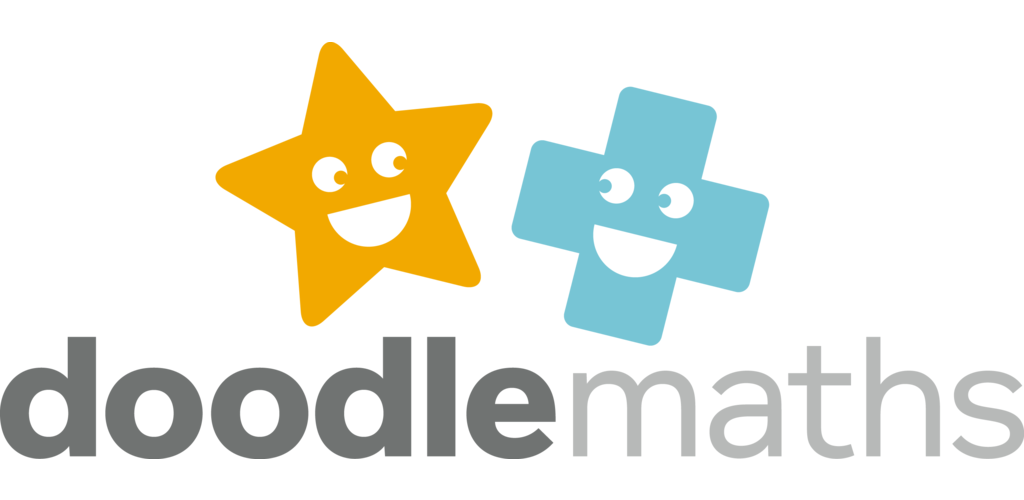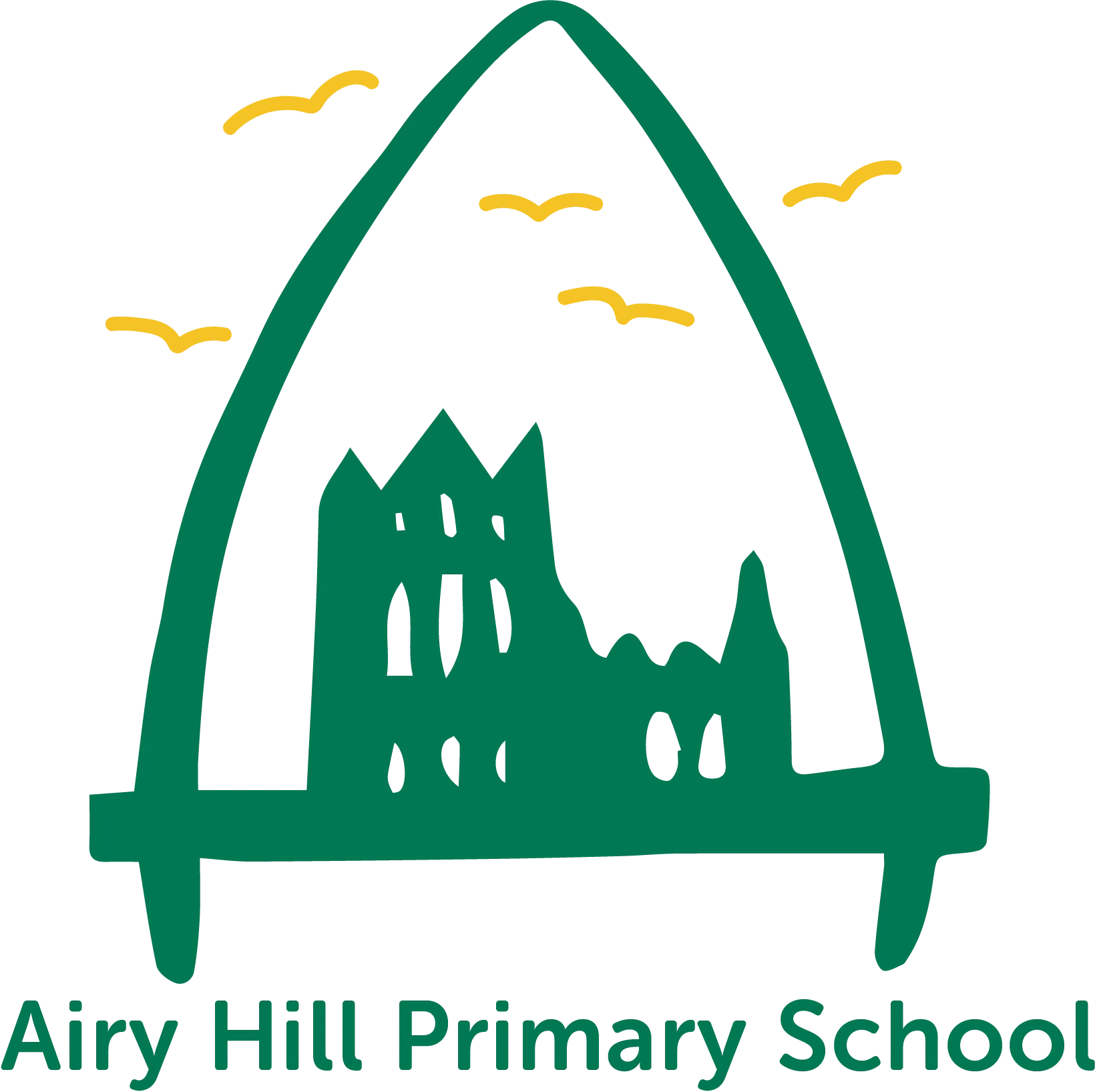Rationale
At Airy Hill Primary School, we believe all pupils can achieve in mathematics. There is no such thing as a ‘maths person’; that is the belief that some pupils can do maths and others cannot. A typical maths lesson will provide the opportunity for all children, regardless of their ability, to work through fluency, reasoning and problem-solving activities.
Aims
At Airy Hill School we follow the DFE approved White Rose Schemes of Learning to teach the curriculum; this is mastery based.
We believe this small step approach creates long lasting and deeply embedded learning.
Teachers may also use the NCTEM site and use the professional development mastery resources and teacher guides for support.
At Airy Hill, our maths curriculum aims to:
- Develop confident and fluent mathematicians.
- Develop a love of mathematics in pupils.
- Create mathematicians who can confidently explain and reason their understanding.

Key Concepts
Our Mastery Curriculum incorporates the 5 big ideas;
- Fluency – Pupils should be able to recall number facts, including times tables and number bonds. This allows them to complete problems across a range of units and contexts.
- Mathematical Thinking – To ensure children have understood concepts, lessons prompt children to explain their reasoning and understanding. This is done through questioning and independent work.
- Use of Representation and Structure – Representations are used throughout mathematics lessons, through concrete resources. Objects and pictures are used to demonstrate and visualise abstract ideas, alongside numbers and symbols.
- Concrete – children have the opportunity to use concrete objects and manipulatives to help them understand and explain what they are doing.
- Pictorial – children then build on this concrete approach by using pictorial representations, which can then be used to reason and solve problems.
- Abstract – With the foundations firmly laid, children can move to an abstract approach using numbers and key concepts with confidence.
- Procedural and Conceptual Variation – This allows pupils to be drawn towards the critical aspects of concepts and how concepts can be taught in a variety of ways.
- Coherence into every maths lesson – Lessons are broken down into small, connected steps, which gradually build up.
Mastery teaching addresses the needs of all pupils on a daily basis. Challenge is provided through depth of both planned activities and higher order questioning for those for whom concepts were well understood. A variety of manipulative resources are used to facilitate the delivery of maths lessons including White Rose planning and resources.
Skills Progression
Our mathematics curriculum takes children on their journey from nursery to Year 6. We use the Whiterose progression document to map the progression of skills.
Intent
The intent of our mathematics curriculum to develop pupils’ fluency, allowing them to become confident mathematicians, who can recall times tables and number bonds quickly and with ease.
Mathematics at Airy Hill allows children to develop enthusiasm for the subject. Our intention is for develop children’s reasoning and explanation skills, enabling them to demonstrate their understanding through different ways. At Airy Hill School we use the mastery approach to teach mathematics as we believe this achieves the deepest level of learning.
Our intention is for each year group to be taught one hour of mathematics each day.
Implementation
In EYFS, all children participate in adult-led sessions where they are taught mathematical concepts. These are often through games, rhymes and songs. The majority of learning is completed through provision areas, which link to other areas of learning. Master the Curriculum is followed in Reception. This coincides with the Whiterose planning, followed in the rest of the school. Adults consistently model the use of mathematical vocabulary (this may be in discrete lessons or supporting children in small groups) in a variety of contexts so that children can become confident with using it themselves. Opportunities for maths are threaded through all areas of provision and areas of learning are enhanced by making real-life links to maths.
In KS1 and KS2, maths is taught between 11:00 and 12:00. All lessons begin with 10 minutes of times table practice, where children chant times tables and teachers use counting sticks. Quick fire questions are directed at pupils to develop fluency skills. On Tuesdays and Fridays, the weekly times table is tested through Times Table Rock Stars (TTRS). This allows us to closely monitor children’s understanding. The TTRS Soundcheck game is very similar to the Multiplication and Times Table Check given in Year 4.
Lessons then have a 10 minute focus on an arithmetic skill. Each week, a new skill is taught to children through teacher examples and 10 arithmetic questions. Variation is incorporated here to highlight the key aspects of the arithmetic concept. The previous week’s learning is also recapped through an arithmetic question.
The remaining 40 minutes of the lesson is used to recap previous learning, introduce new learning, practice new learning and completing independent work. During this time, teachers use a “My turn. Your turn” approach, where examples are explicitly demonstrated and children practice the new learning on whiteboards. This approach allows teachers to very quickly identify misconceptions and support children who are yet to secure their understanding. Teachers support these children on target tables, which are located in the centre of the classroom. Pupils then complete independent work, using the Whiterose maths resources.
Impact
Our mathematics curriculum will develop children’s quick recall of facts and procedures. It will give them the flexibility and fluidity to move between different contexts and representations of mathematics. The impact of our curriculum is that pupils will gain the ability to recognise relationships and make connections in mathematics. It will allow them to master mathematical concepts where a child can show their understanding in multiple ways, using the mathematical language to explain their ideas, and they can independently apply the concept to new problems in unfamiliar situations.
Working Walls
Each classroom has a designated maths working wall. Here daily learning including examples of pictorial representations and calculations are shown along with jottings, explanations and stem sentences.

Doodle Maths and Doodle Tables
We know that short bursts of daily practice really helps our children to be come fluent mathematicians. For that reason, we buy every pupil a premium subscription to Doodle Maths and Doodle Tables. Children are encouraged and recognised for their progress and engagement with these programmes.
